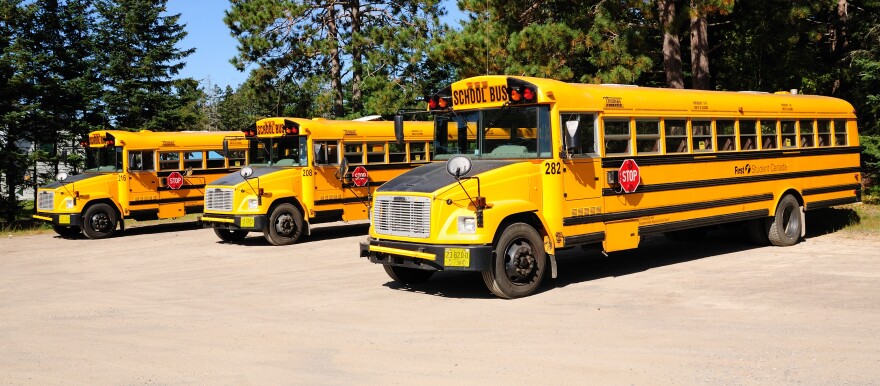Kansas improperly billed Medicaid for nearly $11 million in school-based health services, a government watchdog has found.
In a report released Monday, the inspector general for the U.S. Department of Health and Human Services determined that Kansas received $10.75 million in unallowable reimbursements for services provided during the one-year period from July 1, 2009, through June 30, 2010.
The overcharges occurred because the Kansas Department of Health and Environment, Division of Health Care Finance “did not have adequate policies and procedures” to monitor the program and to ensure it complied with state and federal requirements, the report stated.
The KDHE division administers the program, which allows states to use Medicaid to help pay for physical therapy, occupational therapy, speech pathology, psychological counseling and other “medically necessary” services provided to schoolchildren.
KDHE in 2006 contracted with Public Consulting Group Inc., a private contractor, to oversee parts of the program.
The inspector general is recommending that Kansas refund the money to the federal government.
KDHE officials could not immediately be reached for comment.
Scott Brunner, a former Kansas Medicaid director and now a senior analyst at the Kansas Health Institute, said the amount in question “was not that big of a deal” in the context of the overall Medicaid budget.
“But school-based claiming was one of the services that the federal government and the Centers for Medicare & Medicaid Services were very concerned about because it’s not a traditional healthcare service or in a traditional healthcare setting,” he said. “And allowing schools to be paid for some of the administrative costs also tended to raise some eyebrows by the federal partners.”
A report in 2010 on Missouri’s school services program recommended that Missouri refund nearly $20.5 million. That report found similar problems in the way Missouri claimed reimbursement.
In Kansas, Public Consulting used what the inspector general’s report describes as “random moment sampling” to figure out how much to bill Medicaid, eliminating the need to submit claims for the services that school districts provided.
According to the report, KDHE’s Division of Health Care Finance accounted for only $17.1 million of the $24.8 million in interim payments made to the 288 participating school districts.
The report said that, as a result of that omission, the state received $5.4 million in unallowable reimbursements. It also said that the state received another $4.7 million in unallowable payments based on sampling errors, about $643,000 that was not supported by internal cost reporting and about $11,000 based on overstated employee benefit and supply costs in the KCK school district.


